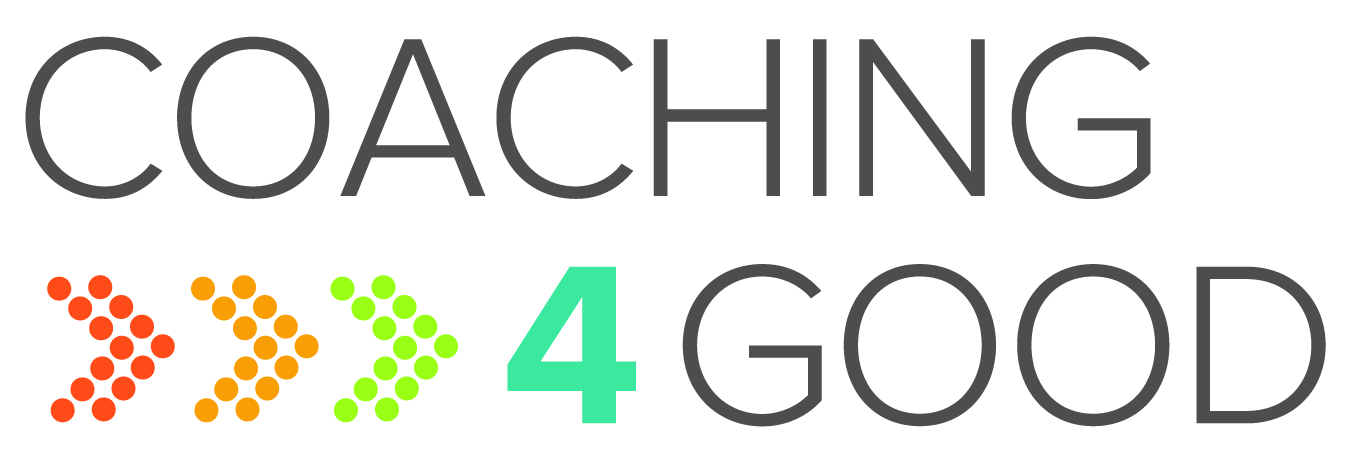A colleague 
John is a relatively new employee and asks his manager if something that he put together is done correctly. His manager says it is not ready and begins explaining the broader purpose behind the changes that are needed.
John: “I’m not getting this. Just tell me what to do.”
John’s Manager’s thoughts: Did he just say that? This is very disheartening to hear from anyone at this company let alone John. Here I am, taking time out of my schedule to train him and show him how to do an important task on his own. I don’t want to have to do these by myself each time. I want him to figure things out on his own but he’s just giving up and not putting any effort into learning.
John’s thoughts: His instruction is really confusing me. It’s tough to pick up the concepts that come so naturally to him. Also, I have a lot of work to do and I was “heads down” working on it. I can’t just stop what I’m doing and start an in-depth training session! Plus, I’m rarely going to need to do what he is telling me so let’s end this and use my time more efficiently.
Just tell me what to do
This is an unfortunate exchange but fairly common. Both have some valid points here so let me play the role of mediator and set the record straight. The first problem is that John isn’t communicating those valid points to his boss. Instead, he’s saying “just tell me what to do.” His boss will likely interpret that as lazy and not caring. More concerning is that John may get that reputation around the company and in his various networks.
John has two choices: 1) get the job done or 2) voice the right concerns. Instead of “just tell me what to do” he could try these:
- Do you mind if we find a convenient time for you in the next day or so for this training? It’s important but my head is wrapped up in this urgent work I need to get done right away.
- I appreciate your training but it’s not sinking in too well. Let me start taking notes on this so I capture what you are saying. Maybe we can go a bit slower as well.
- Before we get too deep into this training, can you put this task in context for me? Do you want me to do this work in the future or am I learning the purpose of this so I can speak to it?
Notice the difference with the responses: 1) the best interest in the company is the priority, 2) there are no signs of laziness or disinterest, and 3) the value of the training is not disputed. In fact, these questions show a smart employee who uses his time efficiently and thinks about the big picture.
A Manager’s Workplace Communication Style
John’s manager needs to make some adjustments too. It’s tough for anyone to stop what they are doing and start learning some new concept from you. Scheduling your longer trainings may be more effective. Also, when you get push back from a subordinate and it upsets you, don’t jump to conclusions. You are a manager and you need to seek understanding. Stop the training and put things in context and ask for feedback and questions before moving on. Doing so is an example of what separates managers from non-managers.
Wouldn’t it just be easier for everyone if John just said, “just tell me what to do”? Why go to this trouble? The answer is that John needs to learn how to interact with managers and co-workers and address situations like this. Throughout John’s career he will be faced with tasks that he does not know how to do. Understanding how to respond so that he is able to learn new material is important. Also, the wrong response can damage John’s reputation which can affect him when looking for a new job or trying to get a promotion or a raise. John needs to be concerned with how his manager and co-workers view him. Hard worker? Dedicated to the company and team? Lazy? Attitude problem?
Now think about your typical work day… How often do these situations arise? How have you been reacting to them? How are your reactions affecting your reputation? How can see these situations coming? How can you improve your response and, in turn, your reputation?
Amy Wolfgang
Amy Wolfgang is a career coach who founded Wolfgang Career Coaching and co-founded Coaching 4 Good. She brings over 15 years of corporate and coaching experience to help organizations boost employee engagement while simultaneously helping her clients excel in their careers. She is a certified PCM (Professional Career Manager) and has a Master’s degree in Educational Psychology from The University of Texas at Austin.








Stay In Touch